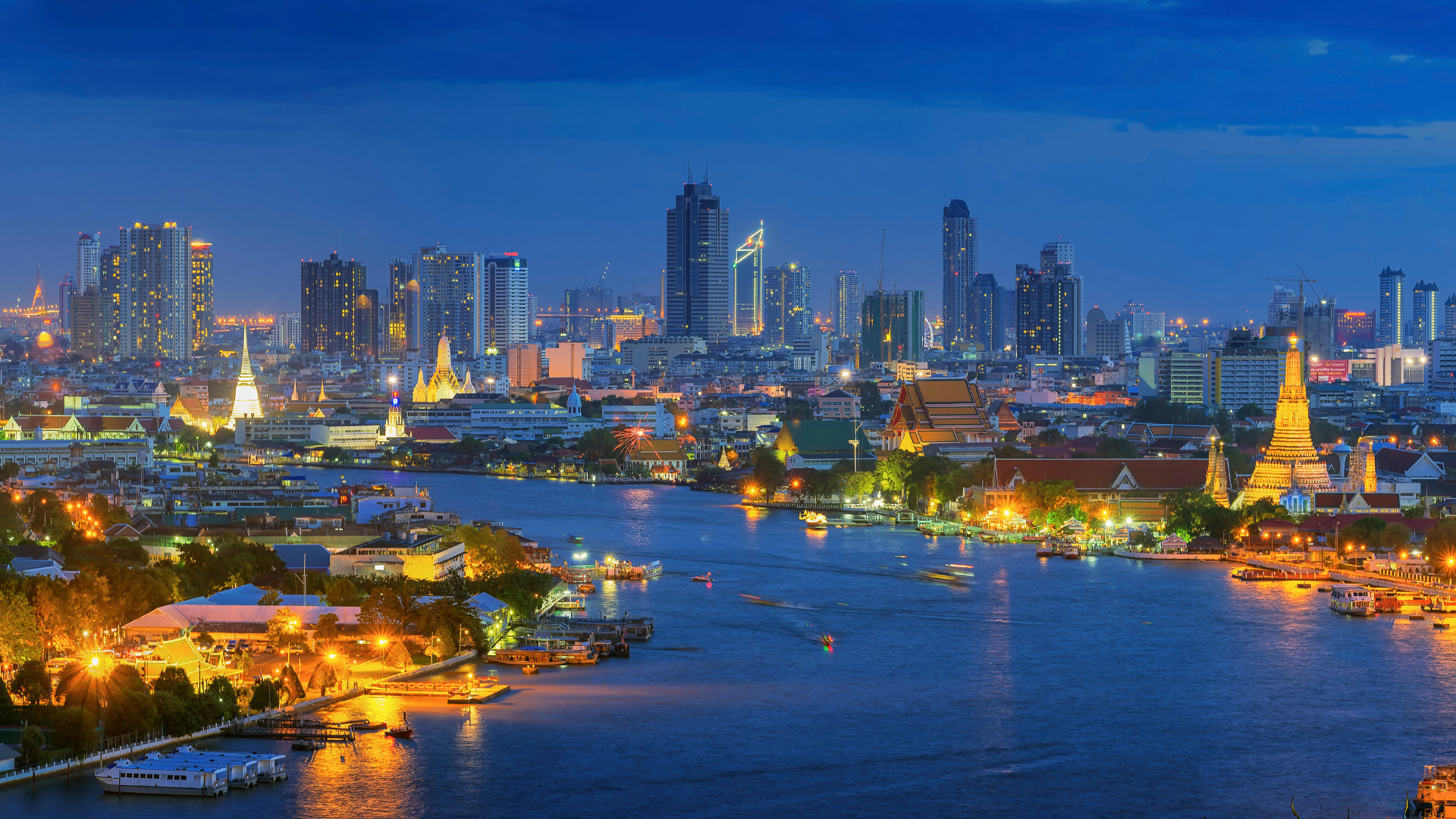Date first published: 31/08/2023
Key sectors: all
Key risks: political instability; political polarisation; civil unrest
Risk Development
On 22 August former real estate tycoon Srettha Thavisin from the populist Pheu Thai Party (PTP) was elected prime minister, ending 100 days of political impasse following the 14 May general election which ultimately sidelined the surprise winner Move Forward Party (MFP). The PTP now leads a broad 11-party coalition which includes military-aligned parties it once considered fierce rivals. The party’s return to power also coincided with the return of former prime minister Thaksin Shinawatra – still considered by many as the de facto leader of the PTP – from 15 years of self-imposed exile. Thavisin has pledged to unite and move the country forward, but recent developments have instead become emblematic of the bedlam and intractability of modern Thai politics.
Why it matters
Despite hopes that the MFP would usher in a new era of Thai politics, the party instead became a common enemy that forced the PTP and the conservative establishment to unite and seemingly end more than a decade of political conflict – marking a once unimaginable realignment that ultimately entrenches the power of the country’s political establishment. Shinawatra – who remains equally revered as he is reviled – was immediately imprisoned for eight years upon his return over three separate charges brought against him following his ouster in the 2006 military coup d’état. While both sides have denied this, speculation is rife that the PTP struck a deal with its former rivals to allow for Shinawatra’s return, help him receive a royal pardon and secure an early release in an act of mutual self-preservation.
Background
The PTP previously allied with the MFP in a nine-party pro-democracy coalition which collapsed after the latter’s efforts to form government were twice foiled by powerful conservative military-royalist forces highly averse to MFP’s proposals to amend the country’s strict lese-majeste laws. Voters had delivered a strong rebuke of military-backed parties from former prime minister Prayut Chan-o-cha’s government after nine years in power, and endorsed an unprecedented policy agenda of economic, military and political reform as well as greater public accountability. However, the incoming government is not reflective of this public will, with a 20 August National Institute of Development Administration (NIDA) poll showing that 64 per cent of respondents disagreed with the formation of the so-called ‘reconciliation government’.
Risk outlook
The PTP leads a tenuous and disparate coalition, with distrust and seemingly little commonality between the parties other than towards the expediency of forming a government and retaining cabinet seats. The coalition is unlikely to survive the full parliamentary term, with Thavisin unable to command great authority as prime minister as he will likely be beholden by the Shinawatras’ continued political dominance on one hand, and the conservative establishment’s on the other. The incoming government is expected to offer relative policy continuity – with a smattering of PTP’s brand of economic populist initiatives – supported by a solid majority in the House of Representatives and built-in support from the military-appointed Senate. However, developments surrounding Thaksin’s return will likely become a driver of continued political instability and uncertainty. The ascendancy of the MFP and its brand of progressive youth-led politics will also hang over the incoming government like a Sword of Damocles, reminding the political establishment of the ever-present potential of a return of social unrest and mass street protests.



